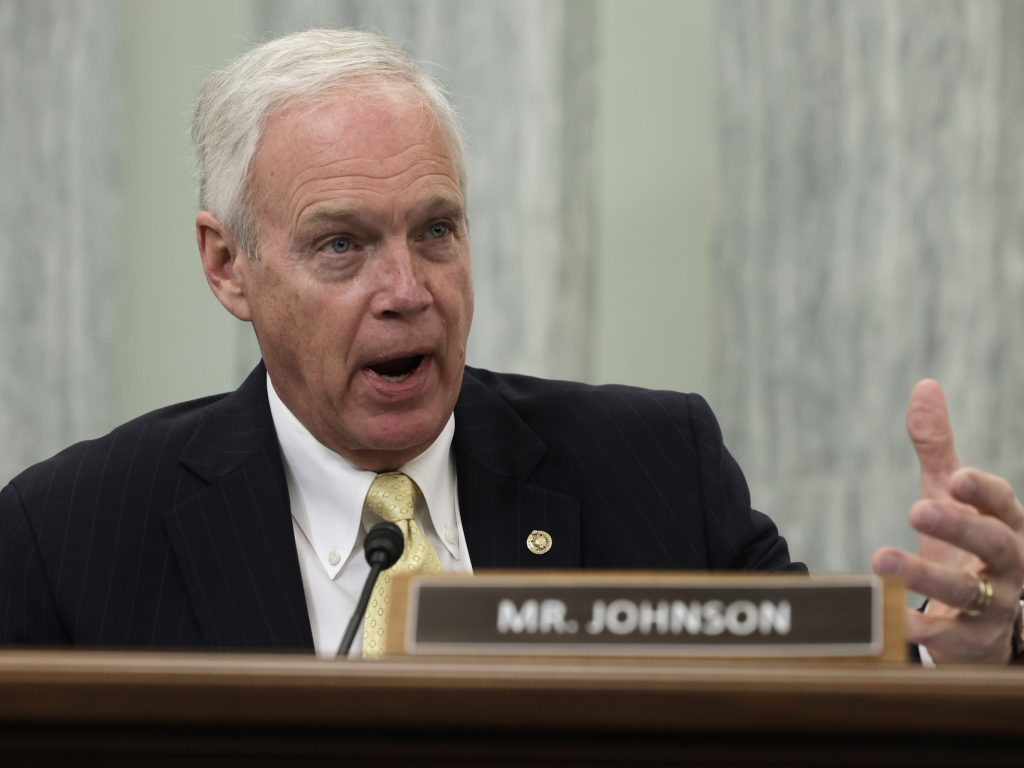- Sen. Ron Johnson said Biden wouldn't be president if not for the FBI's "suppression" of Hunter Biden's laptop.
- It comes after Mark Zuckerberg was asked whether Facebook had "censored" news about the laptop.
- Republicans have promised to go after Big Tech and Democrats once the GOP retakes the House.
Sen. Ron Johnson said that President Joe Biden would never have won the presidency if not for the FBI's alleged "suppression" of Hunter Biden's laptop.
The Wisconsin Republican made the remarks after Mark Zuckerberg was asked on Joe Rogan's podcast whether Facebook had "censored" news involving Hunter Biden's dubious laptop. Zuckerberg said the FBI had warned the company to look out for polarizing content.
Republicans like House Minority Leader Kevin McCarthy have promised to go after Big Tech once the GOP retakes the House, claiming their platforms censor conservatives.
Johnson shared his comments with Fox News on Sunday, saying the laptop was "censored" by Facebook and Twitter.
"We've seen polls that show that had the American public known the corruption of the Biden family and Hunter Biden, Joe Biden would not be president," Johnson said. "We wouldn't have open borders. We wouldn't have 40-year high inflation, record gas prices, rising crime."
He added: "All these disasters and results from the Biden administration and the Democratic government wouldn't have happened but for the FBI's politicization, their partisanship, and their suppression of the Hunter Biden laptop. Again, they had it in December 2019 and did nothing with it."
The laptop, which contained lurid details of Hunter Biden's life, became the subject of intense controversy before the 2020 presidential election when The New York Post claimed that it contained emails showing that Joe Biden had been compromised by Hunter's business dealings in Ukraine.
However, the story was quickly scrutinized and found to have several red flags that prompted questions about its authenticity, including those working at The Post. The most glaring questions center on whether the emails described in the story are legitimate, how they were uncovered, and how the Post obtained them.
